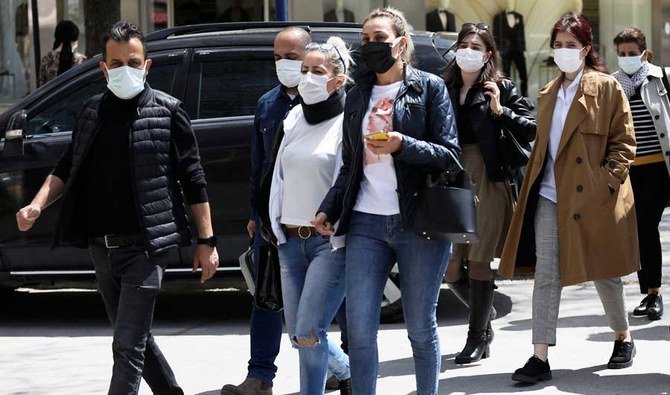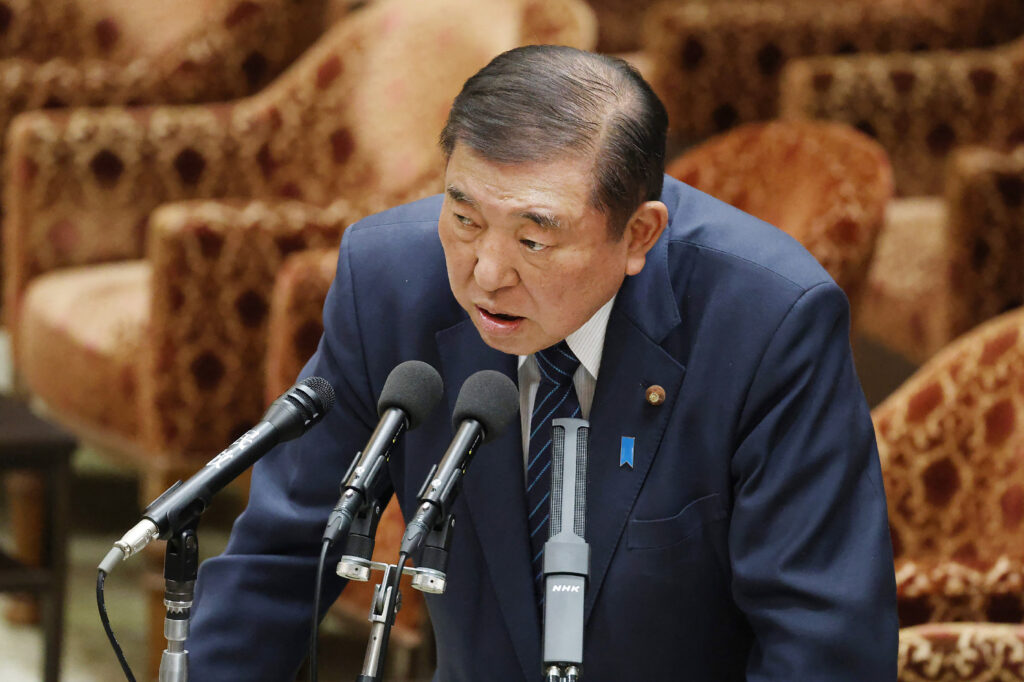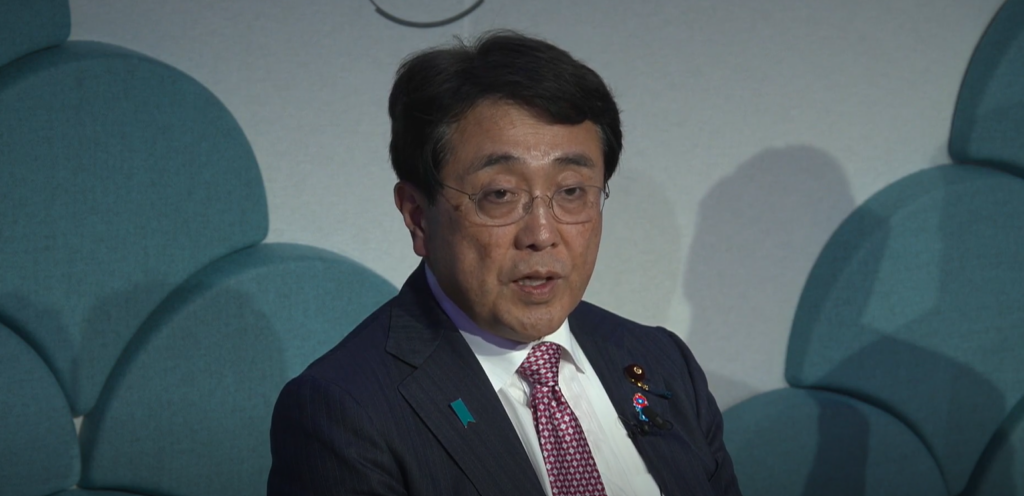The number of daily reported infections in the country has surpassed 37,000 with an average of more than 350 deaths being recorded each day.
Almost all workplaces are being forced to suspend their activities during the new period of restrictions — with certain exceptions in the logistics, food, manufacturing, and delivery sectors — sparking outrage among cash-strapped sections of society left with no financial support mechanisms.
Experts and politicians have urged the Turkish government to introduce emergency measures to provide monetary aid to struggling citizens, including small business and shop owners, and those who rely on daily wages.
“The government cannot abandon people to starve after it already left them in need of onions, potatoes, and bread,” said Ali Seker, a lawmaker from Turkey’s main opposition Republican People’s Party (CHP).
And in a tweet, Garo Paylan, a lawmaker from the pro-Kurdish Peoples’ Democratic Party (HDP), said: “How are people supposed to feed themselves? How will they pay their bills, rent, and debts? This order will probably ruin their Ramadan holiday.”
In February, 250,000 workers lost their jobs in Turkey, according to latest official labor data, and more than 2.5 million employees have had to take unpaid leave during the COVID-19 pandemic.
Dr. Berk Esen, a political scientist from Sabanci University, told Arab News: “The cash-strapped Turkish government has offered minimal economic assistance to the urban poor who have been the most vulnerable group during the pandemic.
“Its recent decision for a total lockdown, which was not accompanied by a relief package, will severely hit low-income citizens, many of whom were left alone with almost no protection by the government.”
The International Monetary Fund (IMF) recently announced that Turkey, having allocated less than 2.5 percent of its gross domestic product to public aid during the global health crisis, ranked among the top three countries in the world for providing the least financial support to its population.
“The opposition-controlled municipality governments are trying to fill the large void left by the government by reaching out to poor segments of society with social assistance programs,” Esen said.
Mayor of Ankara Mansur Yavas has been praised by residents in the municipality for his handling of the COVID-19 outbreak and has emerged as a potential presidential rival to Turkish President Recep Tayyip Erdogan.
On Monday, he announced a comprehensive support package worth 100 million Turkish liras ($12.2 million), through which 113,000 families will be provided with a shopping card of 400 liras, 18,500 business owners will be paid 400 liras, and 100,851 families will get full food packets.
Since last year, the municipality has collected donations to set up an economic assistance package for the needy after municipality bank accounts were blocked by the Interior Ministry.
Earlier this year, the municipality collected 14 million liras in 26 days to pay for the water, transportation, and food needs of residents.
Also, to enable students to attend remote classes, the municipality will be footing electricity bills for households who had their power supplies cut off for nonpayment during the pandemic.
“Due to the obstacles created by the ruling (Justice and Development) party and limited budgetary resources, CHP mayors have relied on private donations to run some programs that have brought much relief to poor voters during Ramadan,” Esen added.
“When contrasted with the government’s incompetent management of the economy and insufficient response to the pandemic, these policies have dramatically increased the electoral appeal of opposition mayors.
“Yavas and Istanbul’s mayor, Ekrem Imamoglu, have both become national political figures on a par with Erdogan. This situation may catapult one of these figures to a leadership position within the opposition camp, a potential presidential candidate to take on Erdogan,” Esen said.
Istanbul has been one of the worst-hit Turkish cities with 71 percent of intensive care unit beds occupied by COVID-19 patients.






















